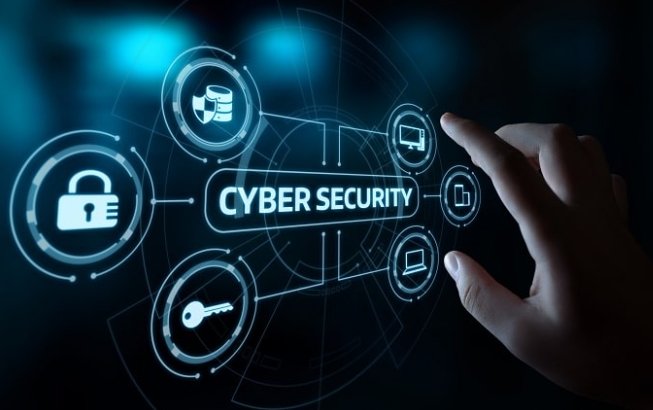In an era where your fridge can email you and your smartwatch knows your sleep schedule, it’s easy to overlook the unseen danger lurking behind every ping and pop-up. But in the modern digital landscape, there’s one priority that deserves a bold highlight on every business’s to-do list—cybersecurity.
Now, before your eyes glaze over and you chalk this up as something only your IT manager or that mysterious person named “CTO” should worry about, hear this: cybersecurity is everyone’s responsibility. Whether you’re a CEO or an entry-level employee, working at a startup or in a multi-billion-dollar conglomerate, protecting your digital presence is no longer optional. It’s critical.
Let’s dive into why cybersecurity matters beyond the tech team and how every employee plays a vital role in safeguarding the company.
Cybersecurity: More Than Just Buzzwords and Firewalls
At its core, cybersecurity is about protecting systems, networks, and data from digital attacks. Think of it as the digital equivalent of locking your doors at night—except those doors are company emails, financial records, client databases, and proprietary software. When left vulnerable, they’re open invitations to hackers, data thieves, and malicious software.
And it’s not just major corporations being targeted. In fact, small businesses are often more vulnerable because they assume they’re “too small to matter.” Reality check: over 40% of cyberattacks target small to medium businesses.
Why Cybersecurity Isn’t Just an IT Problem
We tend to think of cyberattacks as dramatic movie plots—elite hackers in hoodies, tapping away in neon-lit basements. But most real-world breaches are far less cinematic and far more human. The truth is, many data breaches start with simple mistakes made by everyday employees:
- Clicking a link in a phishing email
- Using weak passwords (looking at you, “123456”)
- Falling for fake login pages
- Uploading sensitive data to the wrong cloud storage
These seemingly innocent actions can open the floodgates to costly and damaging security incidents. That’s why cybersecurity can’t be siloed—it has to be embedded in the company culture from the bottom up.
The High Cost of Complacency
The impact of a cyberattack extends far beyond lost files. A successful breach can:
- Cripple operations and halt productivity
- Damage customer trust and brand reputation
- Lead to massive financial penalties and legal trouble
- Compromise sensitive client and employee data
In some cases, the damage is irreversible—60% of small companies go out of business within six months of a major cyberattack.
All this can start with one careless click. That’s a heavy price for a moment’s lapse in judgment.
Building a Cyber-Savvy Team: What Every Employee Should Know
So, how do businesses avoid becoming another grim statistic? By educating their workforce and fostering a security-first mindset. Here’s where every employee can step up:
- Recognize Phishing Scams
These are the digital equivalent of con artists. They may look like emails from your boss or a bank, but they’re designed to trick you into handing over credentials or downloading malware. - Use Strong, Unique Passwords
Password123 isn’t cutting it. Encourage employees to use password managers and multi-factor authentication (MFA) to reduce risks. - Be Mindful of Data Sharing
Know what information is sensitive, where it’s stored, and how it should be shared (or not shared) across platforms. - Update Software Promptly
Delaying that “annoying” system update could leave your device exposed to known vulnerabilities. Updates exist for a reason—install them. - Report Suspicious Activity
Encourage a speak-up culture. If something feels off—a weird email, a login alert—employees should feel comfortable reporting it without fear.
Making Cybersecurity Part of Company Culture
To truly protect your organization, cybersecurity can’t be a once-a-year training session. It needs to be ingrained in everyday operations. That includes:
- Regular security awareness training for all staff
- Clear, accessible policies and protocols
- Role-based security education (HR teams, for example, often handle sensitive employee data)
- Collaboration between departments to ensure everyone understands how their role impacts data security
When cybersecurity is everyone’s job, the company becomes stronger and more resilient.
Final Thoughts: Security Is a Team Sport
Cybersecurity isn’t just a tech thing—it’s a people thing. Every person in your company has the power to either strengthen your defense or unintentionally invite danger in. It’s time we stop thinking of cybersecurity as a problem only for CIOs and IT staff, and instead start treating it like the essential workplace skill it is.
So, the next time you get that suspicious-looking email or consider reusing a weak password, remember: you’re not just protecting your laptop—you’re protecting your entire business.
Want to explore how to build a cybersecurity training plan, create a company-wide digital safety policy, or learn how to spot phishing threats?




